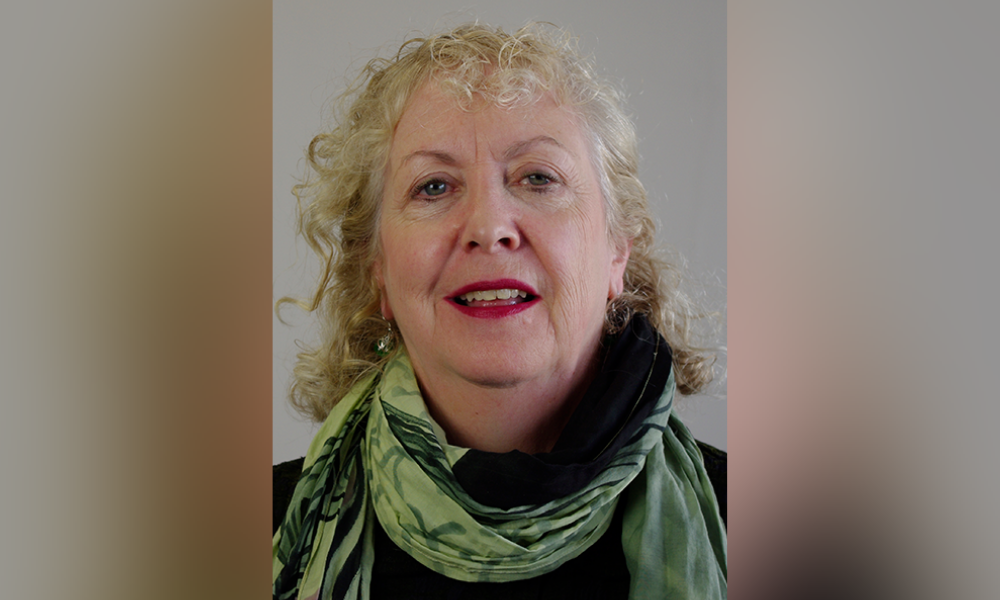
Legal organizations around the world, including bar associations, condemn Taliban takeover

Legal organizations around the world, including bar and judicial associations, are condemning the Taliban takeover of Afghanistan and the reports of human rights violations that have already taken place there.
The Canadian Superior Courts Judges Association (CSCJA), which represents nearly all of the federally appointed judges in Canada, was one of many associations releasing statements in the past week expressing concern and support for the people of Afghanistan.
“We note with particular concern the media reports about the safety and security of Afghan judges, particularly female judges,” the CSCJA said in its statement. For the past 20 years, it noted, Afghan judges’ focus as an independent judiciary was to render judgments based on the law, respect for human rights, and free of political influence or favour.
“While all judges are now in danger, female judges are particularly at risk because the Taliban has traditionally considered it unacceptable for Afghan women to sit in judgment of men,” the statement read. “Additionally, Afghan women in general now appear more vulnerable because of their apparent inability to move freely within or between cities.”
In addition to women sitting in judgement of men being considered unacceptable, there is now a greater risk of revenge attacks against women, says Mona Lynch, a justice of the Supreme Court of Nova Scotia and treasurer of the CSCJA.
Just before the Taliban entered Kabul, they emptied a major prison, Justice Lynch says. The female judges – some of whom had sentenced men for crimes of domestic violence -- began to receive threats, she says: “’Where do you think you’re going to hide?’
“Twenty years ago, …what we wanted in place was a democracy with respect for the rule of law and protected human rights. These women went in there and did their work, and now they're being hunted because they did the work that they were asked to do.”
The International Bar Association (IBA) Judges’ Forum estimates there are 250 female judges in Afghanistan. “The Judges’ Forum deplores any retaliation against our judicial colleagues and calls for the international community to unite in assuring protection for all judicial officers in Afghanistan, particularly the women judges who have expressed real and genuine fears in the current circumstances,” the Forum said in a statement.
Concerns for women’s safety were bolstered on Tuesday when a Taliban spokesman, according to news sources, said women should stay home for the time being, while the country remained in “a military situation,” because some of their forces were new and not yet well-trained, and may harm or harass women they see out on the streets.
During the early years of Taliban rule, from 1996 to 2001, women were not permitted to work outside the home or to leave the house without a male guardian. They were forbidden to attend school, and risked public flogging if they were found to have violated morality rules, including being fully covered when outside the home.
Judges are not permitted to lobby the government, Justice Lynch notes, but the CSCJA’s statement is meant “to raise awareness, and [we] hope that by raising awareness that something can be done to protect the people of Afghanistan, particularly judges and women judges.”
The International Association of Women Judges (IAWJ), headquartered in Washington, D.C., and of which Justice Lynch is the regional director for North America from Canada, is creating a fundraising campaign. Funds raised “will provide direct aid to our Afghan members in desperate need and … to support the work of IAWJ Afghan Women Judges’ Aid Committee,” according to the IAWJ’s announcement.
In an open letter to Prime Minister Justin Trudeau and Minister of Foreign Affairs Marc Garneau, the Canadian Bar Association urged “the Canadian government to take immediate action to evacuate vulnerable Afghans, including women leaders, judges and human rights defenders. While we welcome the government’s recent announcement of an expanded resettlement program for up to 20,000 Afghan refugees, swifter action is needed,” CBA President Bradley Regehr wrote.
Regehr noted that the CBA had joined with the bar associations of the other G7 countries -- Conseil national des barreaux (France), Law Society of England and Wales, Deutscher Anwaltverein and Bundesrechtsanwaltskammer (Germany), Consiglio Nazionale Forense (Italy) – and observers Council of Bars and Law Societies of Europe (CCBE) and the Law Council of Australia in a joint statement. He asked the prime minister, in meeting with the other G7 leaders this week, to “urge our respective governments to ensure the safety of all human rights defenders and in particular of Afghan women judges and lawyers.”
In addition, the statement from the G7 bar associations reaffirms their commitment to the right to asylum, and for Afghans to leave their country and travel safely; and it expresses their solidarity with Afghans, particularly those in the legal community and fighting for the rule of law.
A statement from Lawyers’ Rights Watch Canada said it “deplores the Taliban’s unlawful takeover of Afghanistan by force” and is “concerned about reports of restrictions on freedoms of women, including judges, lawyers, and human rights defenders.”